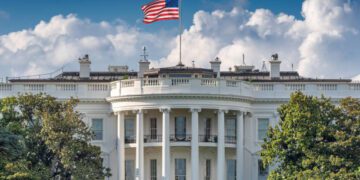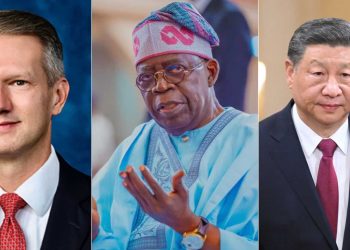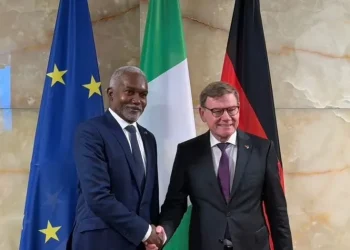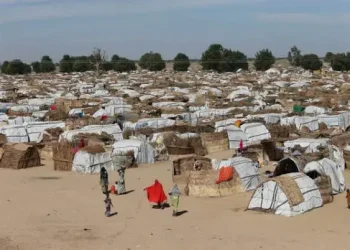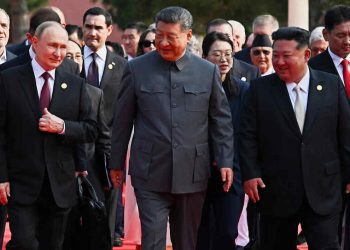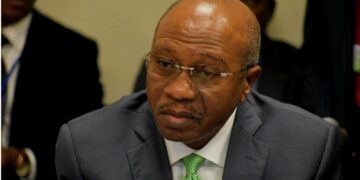On January 20, 2025, President Donald Trump announced the withdrawal of the United States from the World Health Organization (WHO), effective within one year as per the required notice period.
This decision was made via an executive order and was one of the first actions taken by Trump on his first day back in the White House for his second non-consecutive term.
The withdrawal of the United States is based on several stated reasons including the WHO’s alleged mishandling of the COVID-19 pandemic, failure to adopt necessary reforms, and the organization’s perceived bias towards China.
The United States has historically been the largest funder of the WHO, contributing significantly to its budget.
This withdrawal means the WHO will lose a substantial amount of funding, potentially affecting its global health initiatives, emergency responses, and overall operations.
Public health experts have expressed concerns that this move could undermine the United States leadership in global health, weaken international health security, and hinder the nation’s response to future pandemics.
The move has sparked a debate about America’s role in global health governance and its implications for national and international health security.
Critics argue that this could lead to reduced U.S. influence in global health policy, leave the country isolated during health emergencies, and allow other nations like China to gain more influence within WHO.
This is not the first attempt by Trump to withdraw from WHO; he initiated a similar process in July 2020 during his first term, but it was reversed by President Joe Biden upon his inauguration in January 2021.
The process this time, however, seems set to proceed without immediate reversal, given the political context and Trump’s re-election.
